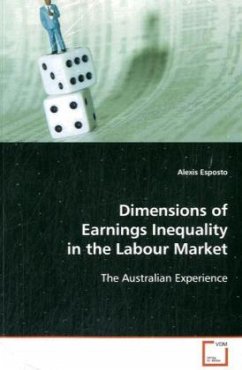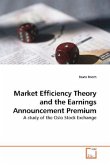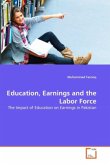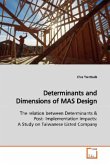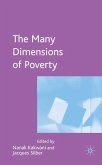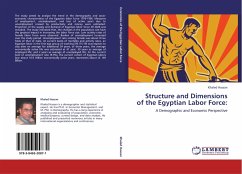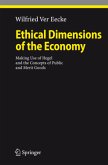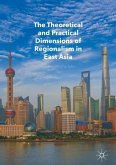Over the last three decades, Australia and other
industrialised nations experienced major social and
economic change. In Australia, two of these major
developments have been increasing inequality of
earnings and the growth in alternative forms of
employment arrangements. In the case of the US and a
number of other countries, the prevailing
explanation for the increase in inequality centres
on the notion of skill-biased technological change
(SBTC). This explanation relates the increases in
earnings inequalities to a shift in demand towards
highly skilled workers and away from less skilled
workers, and centres around the concept and measure
of skill. In many countries, the distribution of
earnings has become increasingly unequal, implying
that a new era of workplace unrest might emerge.
This study provides a new analytical approach to
define, measure and analyse the changing nature of
workplace skills, and the role of higher payments
for increased skill levels. The work has significant
policy implications, and has made an important
contribution to the study on this issue in labour
economics.
industrialised nations experienced major social and
economic change. In Australia, two of these major
developments have been increasing inequality of
earnings and the growth in alternative forms of
employment arrangements. In the case of the US and a
number of other countries, the prevailing
explanation for the increase in inequality centres
on the notion of skill-biased technological change
(SBTC). This explanation relates the increases in
earnings inequalities to a shift in demand towards
highly skilled workers and away from less skilled
workers, and centres around the concept and measure
of skill. In many countries, the distribution of
earnings has become increasingly unequal, implying
that a new era of workplace unrest might emerge.
This study provides a new analytical approach to
define, measure and analyse the changing nature of
workplace skills, and the role of higher payments
for increased skill levels. The work has significant
policy implications, and has made an important
contribution to the study on this issue in labour
economics.

